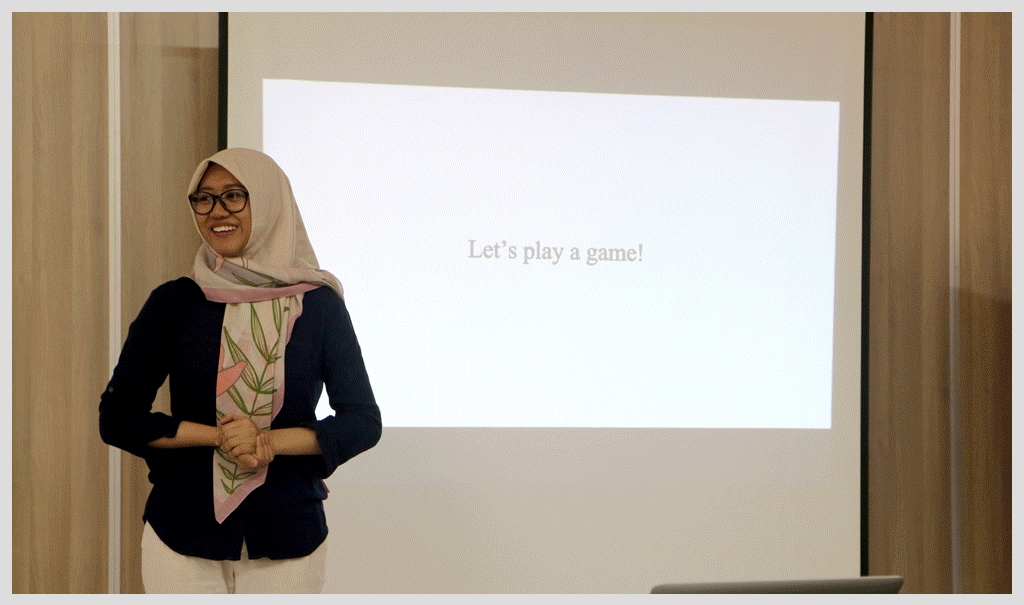
A 6.4 magnitude earthquake that struck the Indonesian island of Lombok in July and a 7.5 magnitude earthquake struck the island of Sulawesi in September, left significant destruction, damage, and loss.
Over the last few months, Yayasan Peta Bencana has been speaking with disaster managers, emergency response teams, community volunteer groups, and student volunteers who experienced the events or were directly involved in their aftermath, in order to learn about the biggest challenges faced.
Difficulties in delivering aid and difficulties for evacuation, largely arose due to a lack of access to timely information. A lack of real-time situational updates about access conditions amplified confusion and risk on the islands; response teams were unable to reach shelters and victims due to unexpected disruptions to access. Residents trying to evacuate faced similar challenges.
The real-time flood map, PetaBencana.id, has proven that crowdsourced information sharing reduces disaster risk and assists in relief efforts. Recognizing the value of community-led data collection, sharing, and visualization, Yayasan Peta Bencana is now working on expanding the map to support other disaster events, including earthquakes.
As part of our efforts to develop a disaster mapping platform for earthquakes, Yayasan Peta Bencana has been engaging in processes of co-design and co-research with a wide variety of stakeholders. In November 2018, we held a research/design workshop in collaboration with Institut Teknologi Sepuluh Nopember (ITS). The workshop – which brought together government emergency disaster managers, journalists, students, academics, volunteer groups, community leaders, and climate agencies – provided a multi-perspective insight into strategies for earthquake response and disaster preparedness as participants shared their unique concerns, experiences, and knowledges.
In order to stimulate discussion, the workshop was structured as a game based on real scenarios experienced during the recent earthquakes. The game was successful in encouraging participants to become quickly involved in evaluating informational flows, identifying key gaps, and discussing opportunities to support response using crowdsourced information.
We were very excited to see that at the end of the workshop, very different stakeholder groups (who shared that they otherwise would not have the opportunity to speak together) were exchanging contacts; participants expressed their appreciation for the opportunity to learn from diverse groups, and were eager to build capacities to work more closely together in preparedness for future events.